University of Western Australia ‘purged’ academics who disagreed with Indigenous site research: former staff
Archaeologists claim the University of Western Australia had them purged under ‘strange circumstances’ for questioning colleagues’ research into Indigenous sites linked to a gas project.
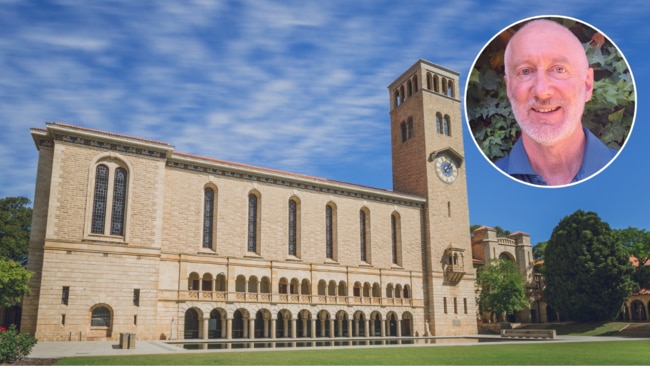
Archaeologists claim the University of Western Australia had them purged, sidelined and cut off under “strange circumstances” for questioning colleagues’ research into Indigenous sites linked to one of the nation’s biggest gas projects.
Academics on both sides of the Indigenous heritage debate warn there is a culture of stifling researchers if they challenge work published by members of the Deep History of Sea Country project – an inter-university study of Indigenous archaeology and submerged landscapes – and claim “legitimate criticism” has led to people being cut off by the university.
The allegations come in the wake of one of UWA’s academics, Mick O’Leary, apparently suffering no consequences after he conceded to having lied in a Federal Court case over Santos’ $5.3bn Barossa LNG pipeline and his subsequent excoriation by the sitting judge.
Former UWA honorary research fellow John Black said his contract with the sandstone university was not renewed and the nature of his communications with it noticeably changed after he co-authored a series of articles claiming industrial activity had degraded Burrup Peninsula rock art.
The articles were in conflict with UWA academic Jo McDonald, a member of the Deep History of Sea Country project and a regular media voice on the Peninsula art who repeatedly said there was “no answer” to whether gas and oil projects were affecting the sacred sites.
“Things changed once we published the papers,” Dr Black told The Australian. “The sequence of events was extraordinarily strange.”
Dr Black said it was “UWA’s prerogative” whether it wanted to renew its contract with him but noted he was appointed in 2017 and had his contract renewed in 2020 without controversy.
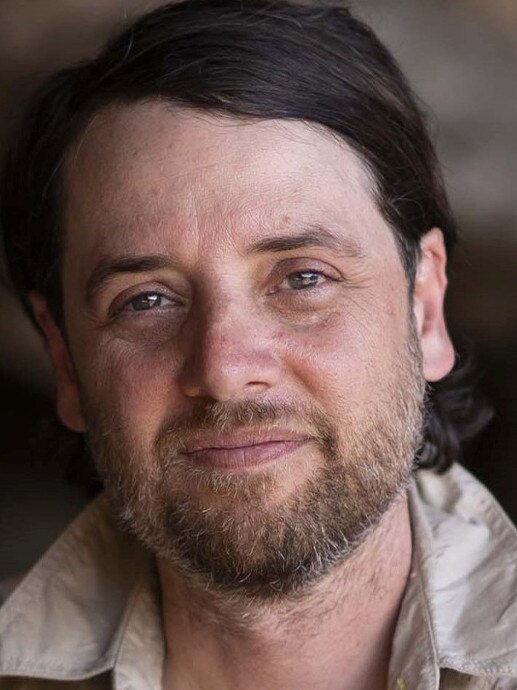
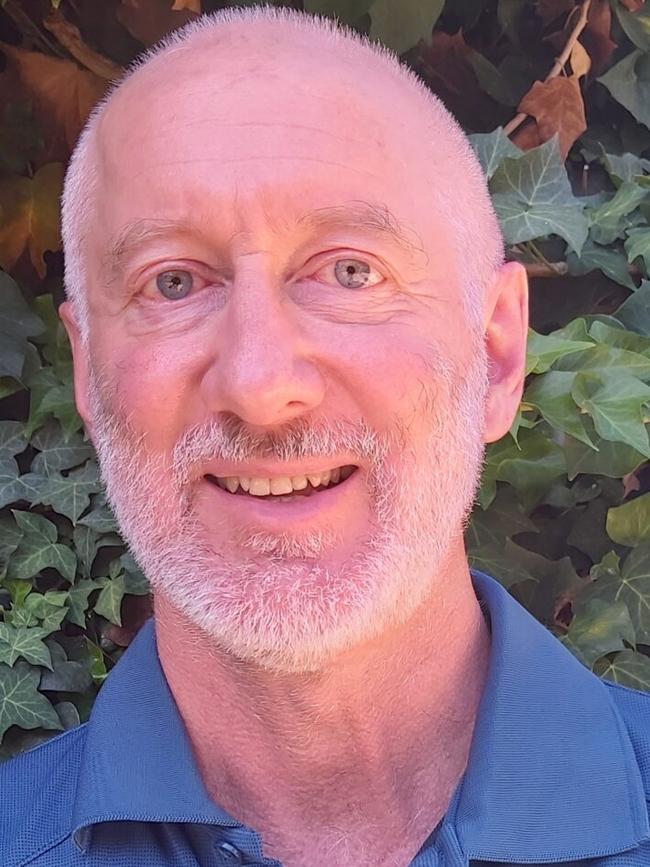
Ex-UWA adjunct research fellow Piers Larcombe has now said he was “purged” from the university after he co-authored a paper – since retracted – that refuted research by Dr O’Leary from the Deep History of Sea Country project.
“Yes, they purged me,” Dr Larcombe told The Australian. “And they did it to other people.
“Do I think that the school removed me for my science? Yes, I do, I have no doubt about it.
“My relationship with the school was very good up until about 2021 … that changed once our paper came out.
“Having scientific disagreement is fine, that’s part of science.
“What you don’t do is conduct a low-level campaign over a number of years to get rid of anyone you feel threatened by.
“The UWA archaeology discipline was intolerant of valid scientific discussion.”
The Deep History of Sea Country academics asserted that the local Indigenous people had ties to territory that was larger than previously known, based on deep-sea archaeological findings. Dr O’Leary was a co-author of that paper, as was Professor McDonald.
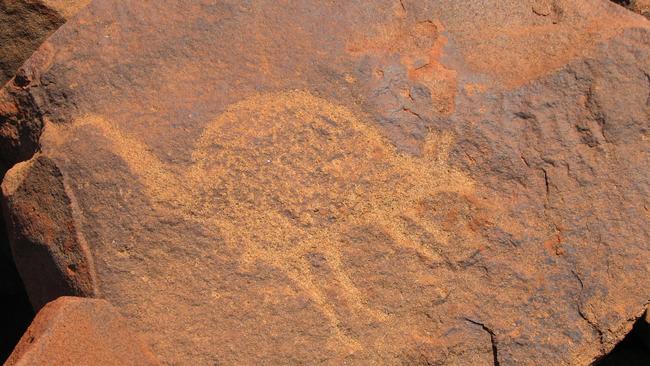
Dr Larcombe has previously told The Australian he stood by the scientific content of his paper, which was retracted because of alleged shortcomings in “required university approvals”.
Another archaeology academic, who requested anonymity for fear of reprisal, said they too were pushed out of UWA’s archaeology department after disagreeing with researchers associated with the Deep History of Sea Country project. The academic told The Australian “some individuals within the department cannot take any form of scientific criticism”.
“I’m very surprised by the way that people within the department have reacted to legitimate criticism,” they continued.
“I am very, very disappointed by the way internal processes at UWA have been used to smack down the people that dare to speak up and criticise those approaches.”
A UWA spokesman said the university “strongly refutes” the claims.
“UWA is committed to ensuring the freedom of its academic staff to teach, discuss and research, and to disseminate and publish the results of their research,” the spokesman said.
“Robust debate and peer review, including respectful scientific critique by colleagues and more widely, is encouraged.
“The university strongly refutes any claims that critique of colleagues has repercussions.”


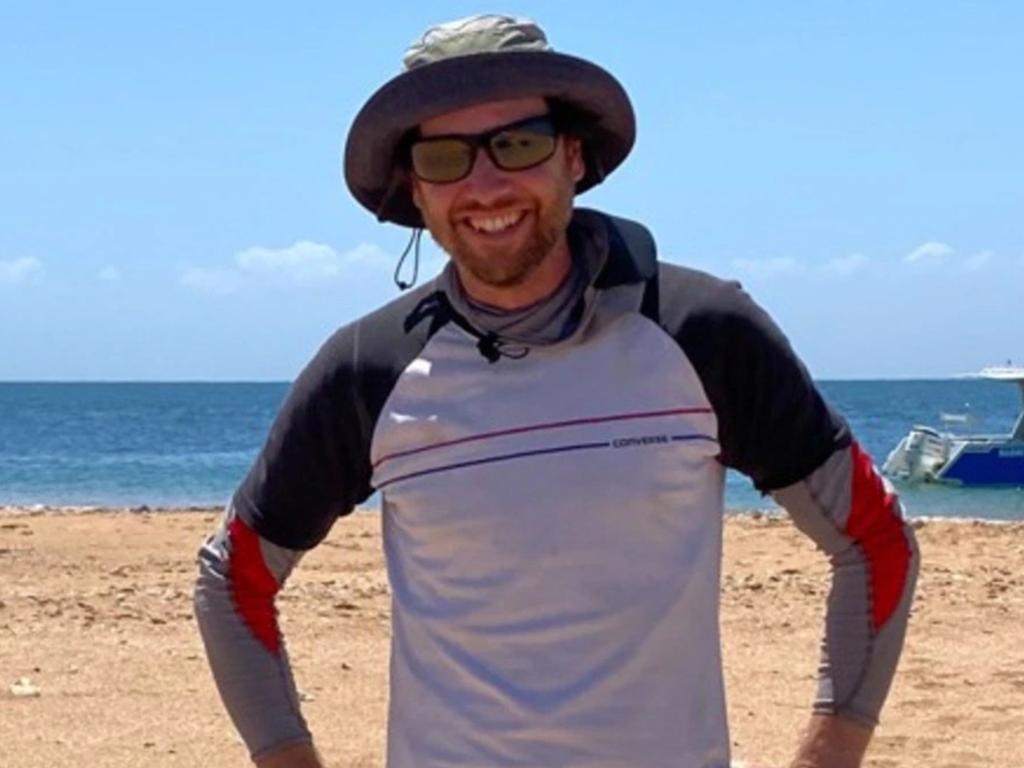
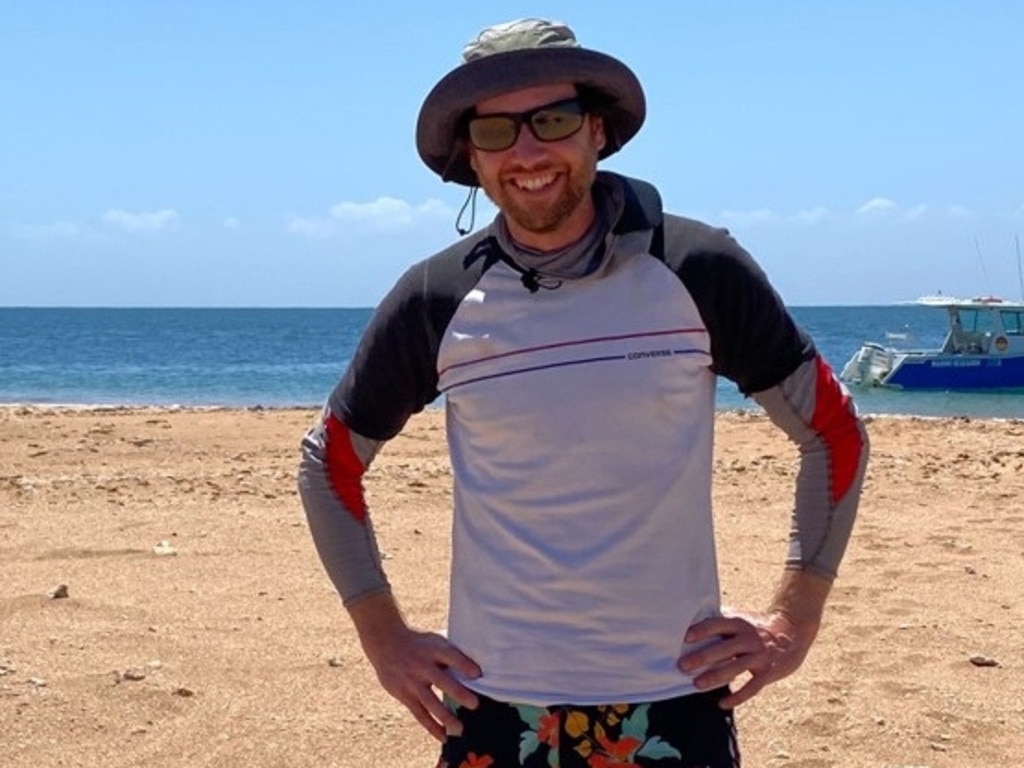



To join the conversation, please log in. Don't have an account? Register
Join the conversation, you are commenting as Logout